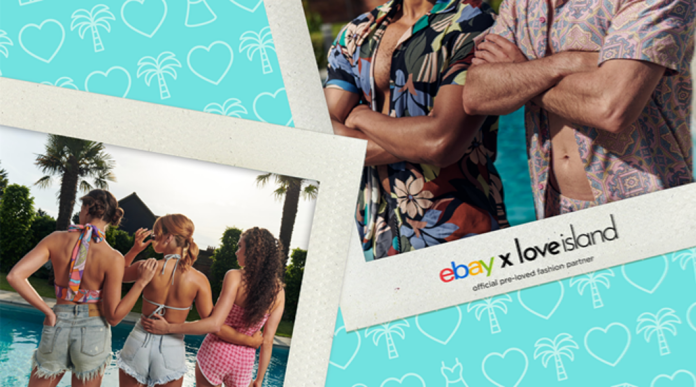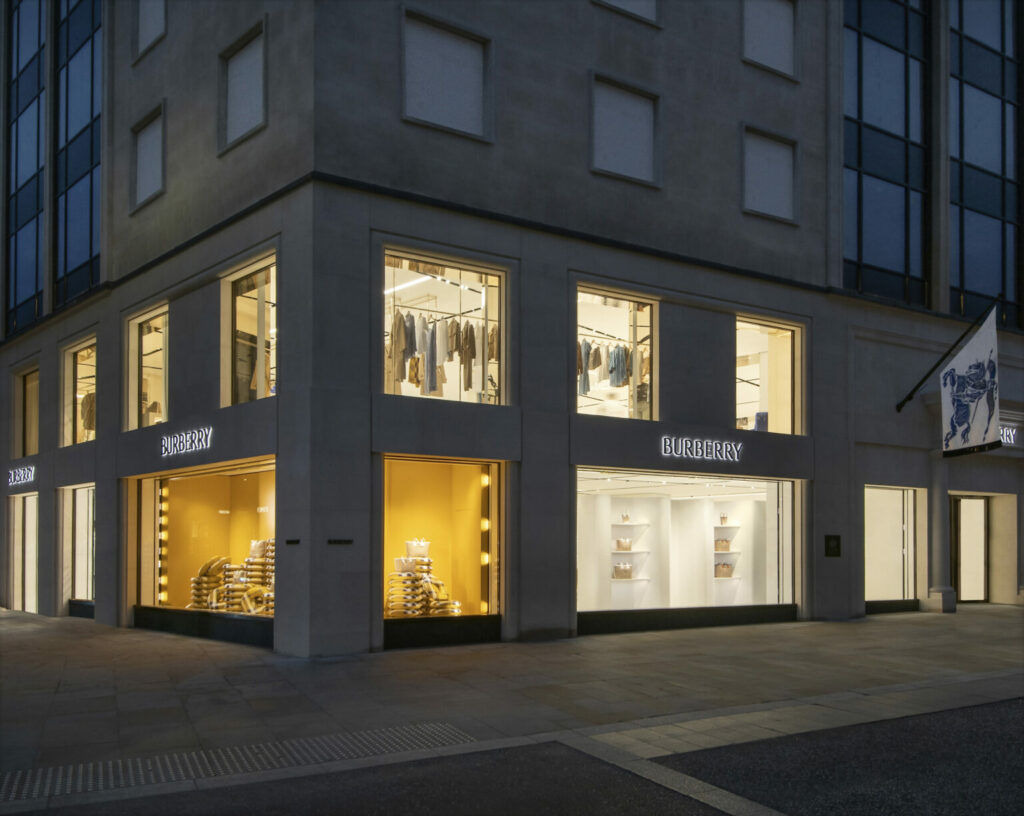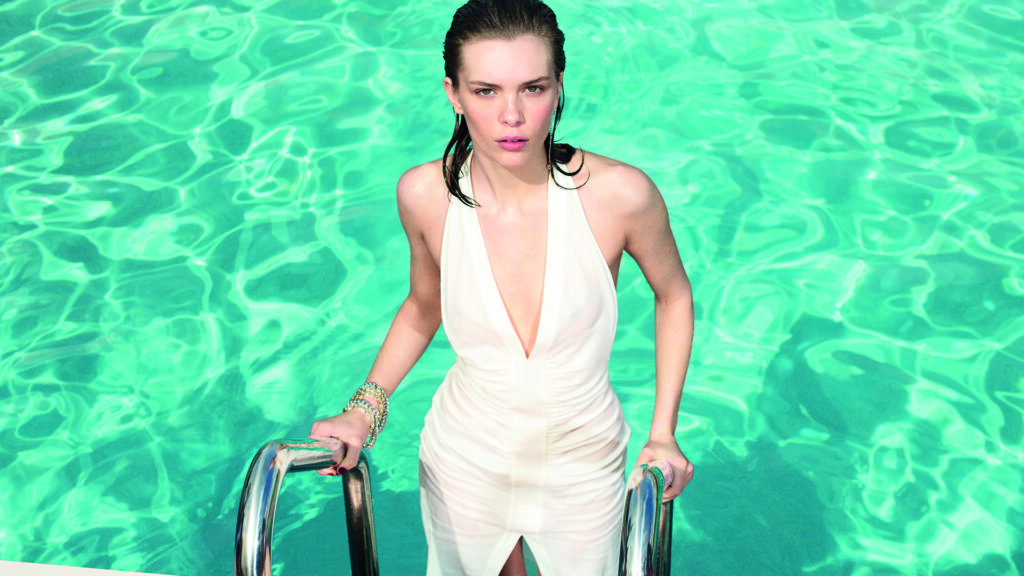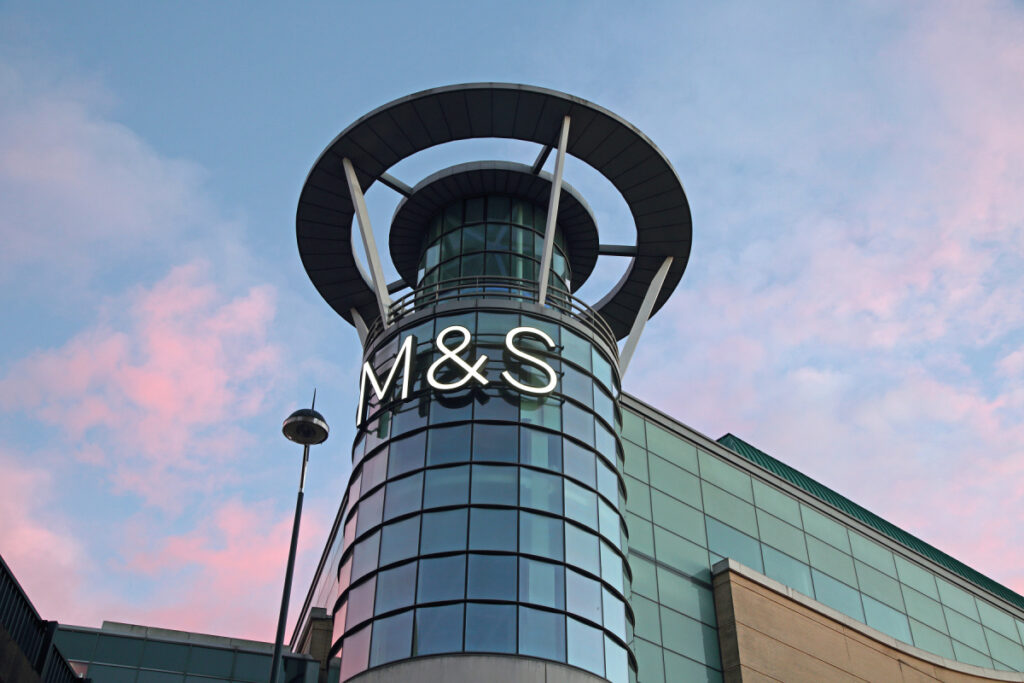In skimpy bikinis or glamorous dresses, this year’s Islanders are as immaculately dressed as ever and will undoubtedly spark masses of shoppers to snap up similar looks.
But shoppers won’t find thousands of cheap identikit dresses waiting for them online, as this year’s Love Island stars are wearing secondhand clothes after eBay signed up as the reality TV show’s first pre-loved fashion partner.
This is a significant move as Love Island is synonymous with fast fashion. Missguided was the show’s very first fashion sponsor back in 2018, followed by I Saw It First the following year. Meanwhile, many of the stars of previous series have gone on to collaborate with the likes of Boohoo, Pretty Little Thing and In The Style.
But as shoppers become increasingly conscious of consumption, ITV has seen the shift in consumers trends and is ready to become a more sustainable reality show.
eBay UK’s head of fashion Jemma Tadd said: “Searches for pre-loved are peaking and conversation around the fashion worn by the Islanders continues to grow.”
“Through this partnership we of course wanted to get people talking about pre-loved, but more importantly we wanted to see people thinking and acting differently – and we’re delighted to see that change coming to life.”
The move is a reflection of new research from eBay UK which revealed that 20% of Brits buy more secondhand items than two years ago, and that 18-34 year olds have the highest average percentage of secondhand clothes in their wardrobes, at 22%.
With the pre-loved market set to grow 127% by 2026, is Missguided’s fall from grace is part of a wider consumer wake-up call?
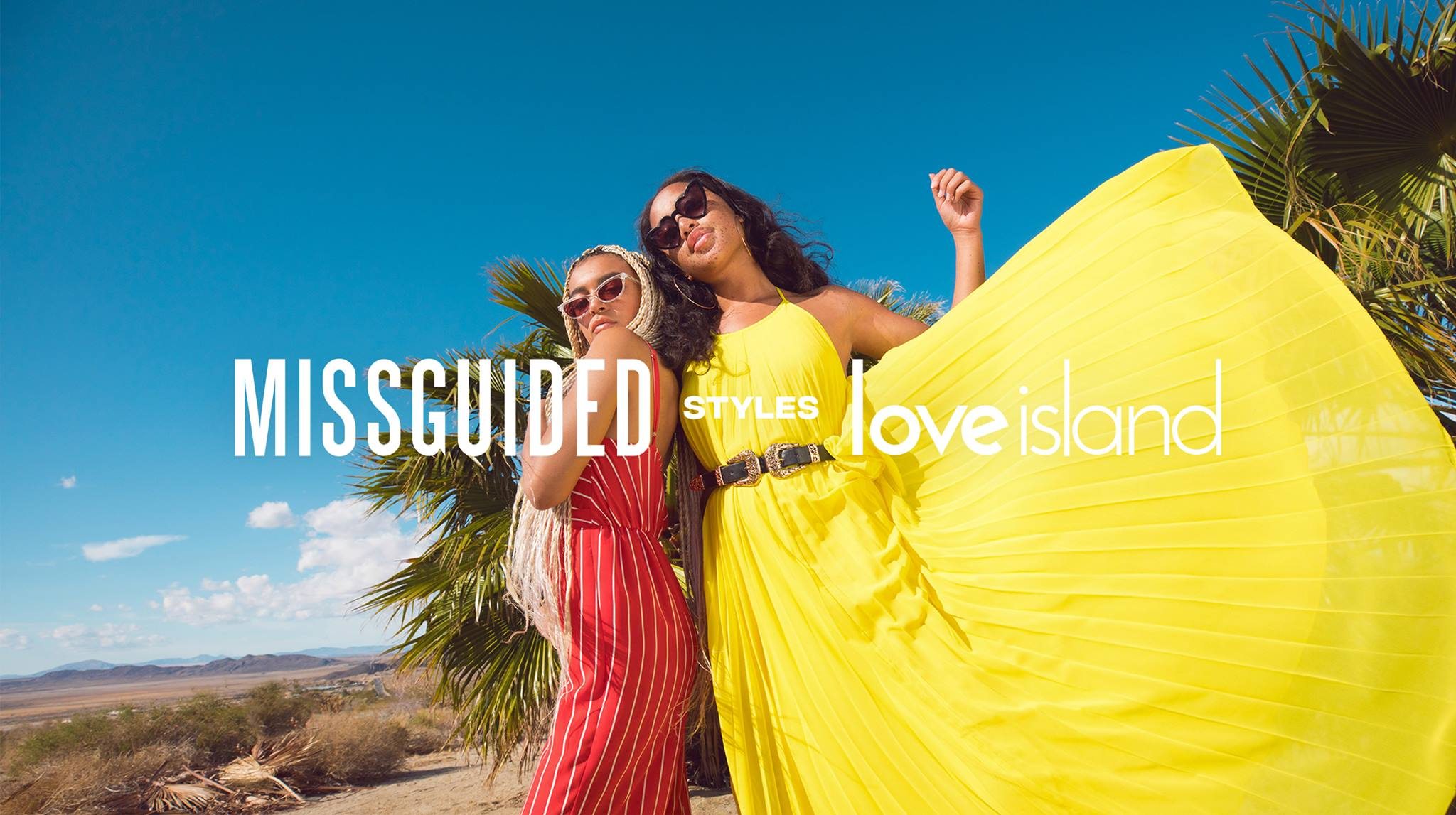
Driving a greater awareness of secondhand shopping
Hitting the halfway point of this year’s Love Island, the demand for pre-loved fashion is soaring as shoppers take inspiration from the islanders.
Since teaming up with ITV, the online marketplace has seen 700% more searches for ‘pre-loved fashion’ as shoppers look to get in on the action. While on Google, there has also been 756% more searches for ‘ebay preloved clothes’ and 660% more for ‘pre-loved’, compared to last month.
Overall more consumers are talking about pre-loved fashion than ever with 935% more mentions of ‘pre-loved fashion’ recorded across all online platforms than during the same time last year.
eBay UK boss Murray Lambell tells Retail Gazette: “We’ve been talking about this topic for a number of years in different guises and, for whatever reason, it’s hit the zeitgeist and something’s shifted.”
Lambell, a judge of Retail Gazette’s The Game Changers Awards, isn’t sure if the big change has come from retailers themselves waking up to the importance of sustainability or simply becoming more attuned to what their customers want in this sphere, however, he insists this is a lightbulb moment for sustainability.
He also points out that it’s not all about sustainability. Some shoppers are gravitating towards secondhand products as they see it as more unique and distinct than buying clothing that is in stores and worn by many.
Asos director of insight and analytics Sandra Kampmann agrees. The online retailer is seeing strong sales and traffic growth in its Marketplace business, which she says is not just driven by a desire to shop more sustainable and save more money but because customers enjoy the treasure-hunt element to buying pre-loved, “finding a unique product that they can’t get anywhere else”.
Kampmann believes the Love Island partnership will stimulate even more interest in buying pre-loved.
“We know the resale market is becoming increasingly popular and no doubt the eBay sponsorship will drive even greater awareness,” she says.
Platforms other than eBay, including Depop and Vinted have continued to perform strongly as Gen Z consumers in particular lean towards more sustainable ways of shopping while keeping on top of trends.
Vinted first launched in 2008 in Lithuania before launching in the UK in 2014 and since then consumer lead at the platform Natacha Blanchard says “we’ve seen consumer behaviour generally change in favour of secondhand fashion.”
Vinted now has over 50 million registered members globally and over 3 million in the UK.
“We know that’s partially because of the rise in awareness of environmental issues,” she adds, “but also because secondhand can be both a more practical and financially beneficial option.”
Blanchard explains that TV shows generally have a big influence on fashion trends and the purchasing behaviour of their viewers.
“It’s all beneficial in helping to raise awareness around more circularity in fashion, and making pre-loved fashion more mainstream,” she adds.

Where does it leave fast fashion?
It would be foolish to say that the growth of resale signals the demise of fast fashion. Brands such as Boohoo and Zara remain hugely popular but the growing desire to buy secondhand will be having a small, but not insignificant impact on the businesses.
Blanchard says: “There is still some way to go to close the gap between firsthand and secondhand fashion.”
Such is the impact of resale that fast fashion retailers are trying to get in on the act.
Back in February, PrettyLittleThing creative director Molly-Mae Hague revealed that the fast fashion giant would be launching its very own Depop-style marketplace later this year as it strives to move away from throwaway fashion.
Hague, who was named as creative director of the brand last year, said the move would help drive sustainability with its young shoppers with the potential to “really disrupt the fashion industry”.
This is a big move for PrettyLittleThing, a brand that been criticised for encouraging throwaway fashion. During Black Friday 2020, the brand caused further controversy by offering products at up to a 99% discount, with dresses sold for as little as 8p.
Meanwhile, just last month Asos launched its second circular design collection alongside a trial partnership with resale service Thrift+ in a bid to help to extend the life of clothes.
The move allows shoppers to sell pre-loved clothes to earn credit which they can spend on Thrift+, donate to charity, or redeem as Asos vouchers.
Fast fashion brands stand to do well in resale. Zara, Boohoo and PrettyLittleThing have been among the most resold fashion brands on resale platforms such as eBay and Depop in recent years, proving that while consumers still want to wear fast fashion, they are looking at more sustainable purchasing options.
Kampmann says Asos is working to embrace circularity. “We know customer interest in sustainability is growing; circularity is the next step and is already of interest to many customers,” she explains.
“To be truly circular you need items to move through circular systems. Circular design is only one part of that puzzle, emotional durability – getting customers to hold on to products for longer; product recovery; and recycling are part of that too – but so is resale.”
Vinted’s Blanchard says “the power of secondhand clothing has the potential to reduce the need to produce new garments”, and at the same time, reduce the environmental pollution and pressure on people in supply chains to keep producing more at lower cost. “We believe that secondhand, as part of the circular economy model, can be one part of the solution to the challenges faced by the fashion industry in terms of impact on the climate, even if it’s not the whole or only solution.”
While no-one wants to couple up with fast-fashion at this moment, it still remains many shoppers’ type on paper.
But, if the growth of pre-loved can encourage fast fashion retailers to move away from throwaway culture it can only benefit society as a whole.
Click here to sign up to Retail Gazette‘s free daily email newsletter

